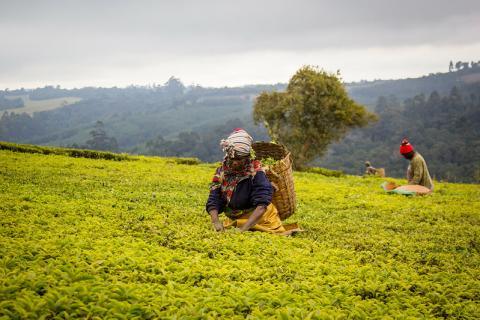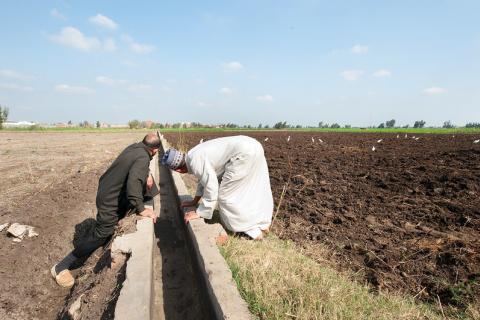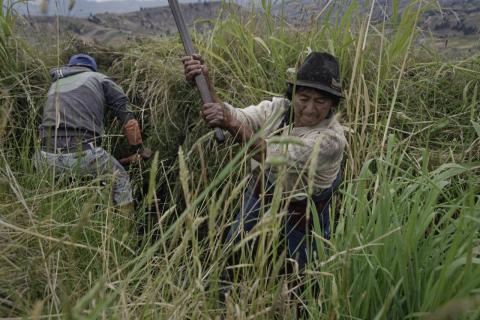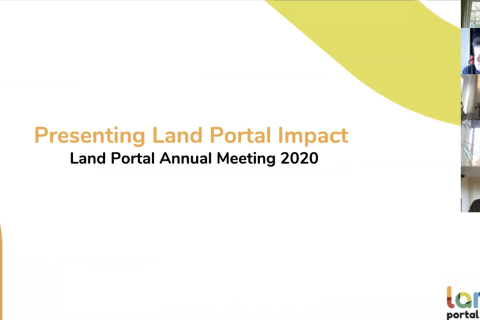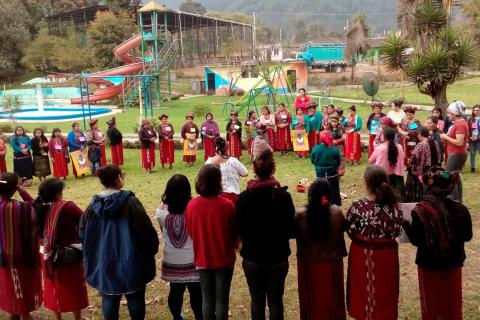Los conocimientos de las mujeres indígenas tienen su origen en la comprensión ancestral del mundo natural y en la acumulación de observaciones de fenómenos locales. El aspecto más significativo de que las mujeres indígenas posean y preserven estos conocimientos tradicionales es su enfoque holístico, que abarca una amplia gama de ámbitos más allá de la mera especialización. Poseen un conocimiento intrincado de diversas especies, teniendo en cuenta su valor nutritivo, sus propiedades medicinales y sus funciones ecológicas. Estos conocimientos, transmitidos de generación en generación, no sólo enriquecen a sus comunidades, sino que han sido cruciales para la ciencia occidental. Los conocimientos de las mujeres indígenas han servido a menudo de base para la comprensión occidental, lo que ha permitido desarrollar medicinas y comprender mejor fenómenos climáticos como las sequías, las inundaciones y la migración de la biodiversidad.




